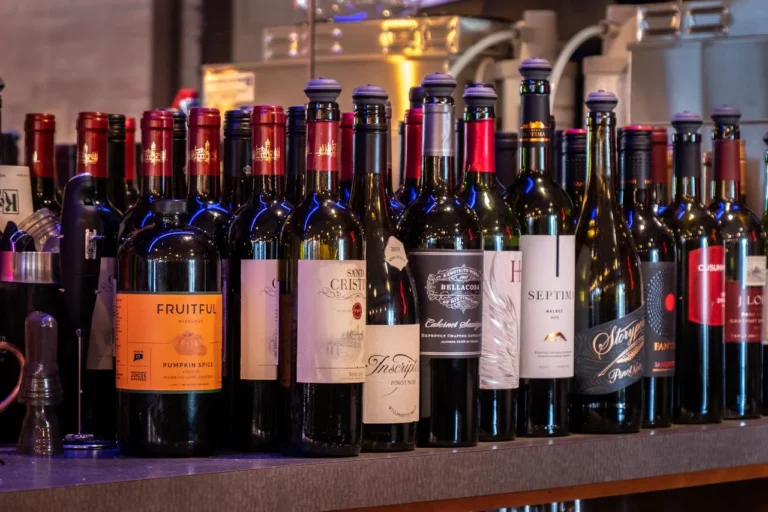
RE:CIRCLE Ontario Tackles Food Waste in California with TraceOS Tech
RE:CIRCLE Ontario LLC, a subsidiary of RE:CIRCLE Solutions Inc. and a recognized leader in organic waste recycling, feed production, and innovative waste diversion strategies, has announced the official launch of its proprietary waste repurposing and carbon avoidance tracking system, “TraceOS.” This first-of-its-kind, industry-leading technology is designed to revolutionize how businesses manage food waste, offering advanced transparency, measurable sustainability impact, and actionable data through a user-friendly digital platform.
With mounting legislative and environmental pressures—particularly in California, where food waste disposal in landfills is now prohibited under state law—companies operating in the grocery, foodservice, and manufacturing sectors are being pushed to find sustainable alternatives for managing organic waste. RE:CIRCLE Ontario has stepped in with a comprehensive and scalable solution that not only addresses regulatory compliance but also turns food waste into a strategic sustainability asset.
Turning Waste into Value: RE:CIRCLE Ontario’s Mission
At the heart of RE:CIRCLE Ontario’s operations is a simple yet powerful concept: transforming food waste from a liability into a valuable resource. Leveraging decades of combined expertise in waste diversion and nutritional processing, the company has developed a robust infrastructure and service model that enables the collection, processing, and repurposing of organic material that cannot be sold, donated, or consumed.
RE:CIRCLE Ontario partners with grocery retailers, food and beverage manufacturers, foodservice providers, and other stakeholders in the food value chain to collect pre-consumer organic waste from across Southern California. This waste is then transported to RE:CIRCLE’s state-of-the-art processing facility located in Ontario, California.
Once at the facility, the organic material is subjected to detailed analysis by a team of nutritional scientists and processing experts. The goal is to evaluate the nutritional profile and energy potential of each waste stream to determine the most effective and sustainable repurposing pathway.
A Science-Driven Hierarchy for Waste Repurposing
Following the principles of the food recovery hierarchy—prioritizing the highest-value uses of waste material—RE:CIRCLE Ontario employs a tiered strategy for waste repurposing. This includes:
- Animal Feed Production: High-nutrient materials are converted into animal feed using precision processing methods.
- Biofuel and Biofertilizer Generation: Lower-value waste streams are directed to anaerobic digestion facilities for conversion into renewable energy or soil-enriching fertilizers.
- Commodities Recycling: Certain materials are recovered as secondary raw materials for use in industrial processes.
- Landfill as Last Resort: Only when all higher-use options have been exhausted is material sent to landfill, minimizing environmental impact and complying with state mandates.
This comprehensive approach ensures that organic waste is utilized in the most environmentally responsible manner possible, significantly reducing methane emissions from landfills while creating valuable byproducts that support agriculture, energy production, and environmental health.
The Launch of TraceOS: Data Transparency at the Core
The introduction of TraceOS marks a major milestone in RE:CIRCLE Ontario’s mission to make food waste management both efficient and measurable. Developed in-house by RE:CIRCLE’s sustainability and technology teams, TraceOS is an advanced digital platform that provides clients with real-time, auditable data on how their organic waste is being handled, processed, and repurposed.

Using a proprietary online dashboard, customers can log in and track:
- The total volume and type of food waste collected
- The specific repurposing pathways applied to each batch (e.g., animal feed, biofuel, fertilizer)
- The reduction in landfill usage
- The calculated impact on greenhouse gas emissions
- Progress toward internal and external sustainability targets
“With TraceOS, we’re delivering the missing piece of the sustainability puzzle—verifiable, real-time insight into waste diversion and carbon avoidance,” said Clemens Stockreiter, Founder of RE:CIRCLE Solutions. “For food businesses operating in today’s regulatory landscape, it’s no longer enough to say you’re recycling; you need to show it, measure it, and continuously improve it. TraceOS empowers our partners to do just that.”
Designed for Compliance and Leadership in Sustainability
In addition to providing day-to-day operational insight, TraceOS supports compliance with a growing number of regulatory and voluntary reporting frameworks, including:
- CalRecycle: California’s waste management and recycling regulations
- U.S. EPA Food Recovery Challenge
- Food Loss and Waste 2030 Champions: A public-private partnership calling for a 50% reduction in food loss and waste by 2030
- Corporate ESG Standards: Tailored data outputs for companies integrating environmental metrics into financial and annual reports
TraceOS generates certified, auditable reports that align with these standards, allowing clients to easily compile data for investors, regulators, and sustainability stakeholders.
“TraceOS was built not only for traceability, but for accountability,” added Stockreiter. “It turns sustainability from a vague intention into a quantifiable, reportable action.”
Driving Scalable Impact
RE:CIRCLE Ontario’s integrated model of logistics, processing, and digital reporting offers a turnkey solution that can be scaled for organizations of any size. Whether it’s a national grocery chain managing dozens of locations or a regional food manufacturer processing thousands of pounds of organic material daily, RE:CIRCLE’s services are designed to integrate seamlessly into existing operations.
Furthermore, the company’s end-to-end management—from pickup to final repurposing—means customers can rest assured their waste is being handled responsibly, efficiently, and transparently.
A Call to Action for Food Businesses
The stakes around food waste management continue to grow. Not only does organic waste represent a major source of greenhouse gas emissions when landfilled, but it also wastes the resources—water, energy, labor, and transportation—that went into producing the food. By taking a proactive, data-driven approach, companies can turn a compliance burden into a sustainability opportunity.
RE:CIRCLE Ontario and its TraceOS system are showing the industry what the future of food waste management looks like: intelligent, measurable, and mission-driven.
For businesses looking to align with California’s evolving environmental regulations, improve their ESG performance, and play a meaningful role in the circular economy, RE:CIRCLE Ontario offers a path forward—one where waste becomes resource, and sustainability becomes success.




